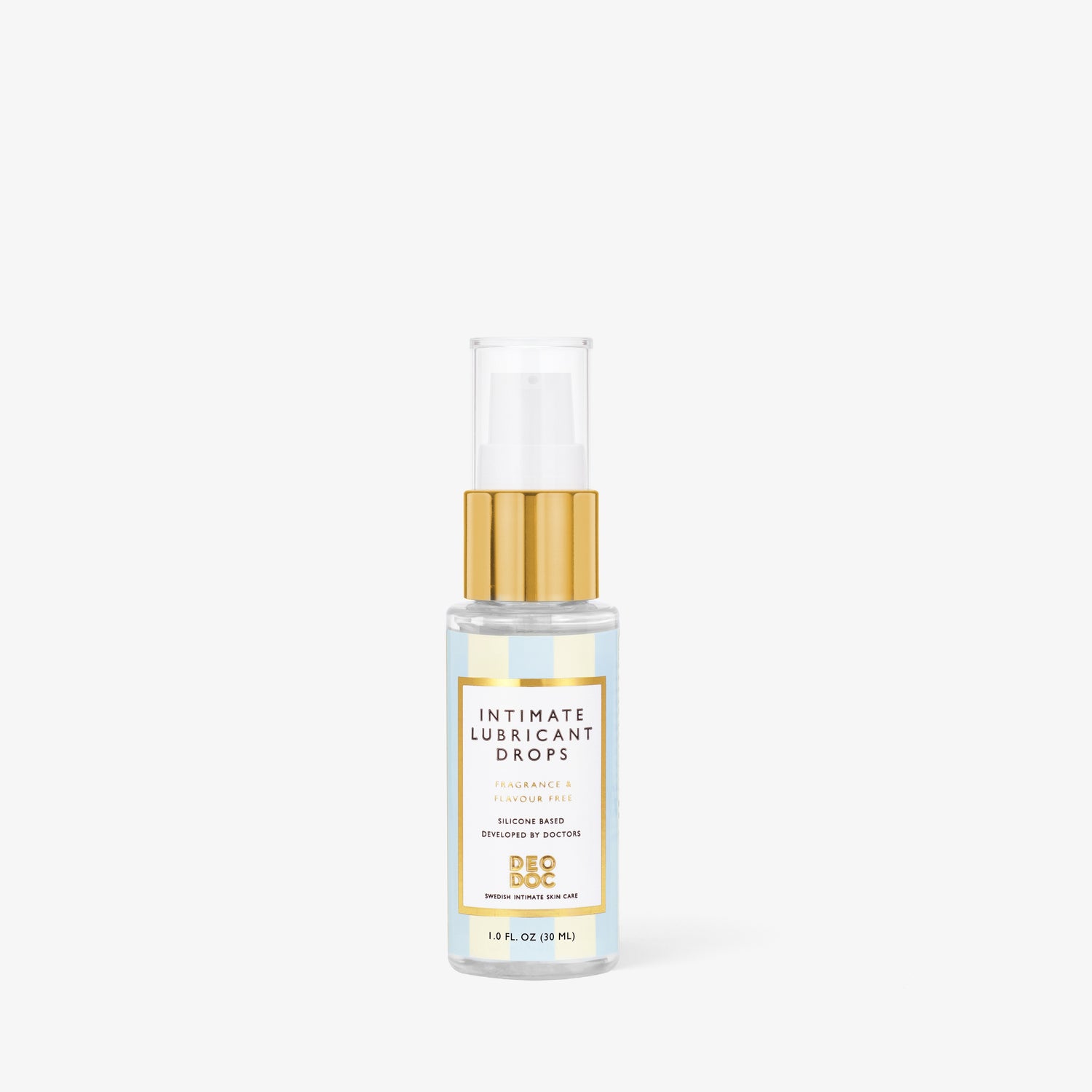The following is an excerpt from a Well + Good article that featured our founder:
‘I’M A GYNECOLOGIST, AND THIS IS THE BEST KIND OF LUBE FOR OPTIMAL VAGINAL HEALTH’
Penetrative sex is one of the few situations in life where the more slippery it is, typically the better. While a vagina can create an ample dose of wetness on its own, adding in a personal lubricant can instantly level things up—and keep it that way, however long you might like. But exactly which lube you choose matters not only for its efficacy and glide, but also for its health implications, given its close contact with the vagina. And according to gynecologists, the type that’s most likely to maintain the vagina’s healthy bacterial balance is also one that might surprise you: a silicone-based lubricant.
As a quick lube refresher, silicone-based lubricant is one of the three common categories of lube, alongside water-based and oil-based formulas. But while certain folks might prefer one of the latter two options—for example, opting for water-based options for their compatibility with silicone sex toys, or oil-based to reap the soothing qualities of sunflower oil or even CBD—silicone-based lubes are surer bets for maintaining vaginal health, according to medical professionals, as they don't require the use of any preservatives.
HOW DIFFERENT PERSONAL LUBRICANTS CAN AFFECT THE HEALTH OF THE VAGINA
Because silicone-based lubricants contain no water, there’s no opportunity for bacteria to grow in them. So, as a result, they don't need a preservative, says OB/GYN Gunvor Ekman Ordeberg, MD, PhD, co-founder of DeoDoc Intimate Skincare. While that’s generally good from a skin-sensitivity standpoint—no preservative means one less thing that could cause a potential reaction—it’s also beneficial for the microbiome of the vagina.
And that's where preservatives in lube come into play: “Preservatives used in water-based formulations can interfere with thelactobacillus or good bacteria flourishing inside the vagina,” says Dr. Ordeberg. “Similarly, oil-based products, whether it be petroleum, coconut oil, or others, can kill off these good bacteria.”
Not to mention, the pH of a water-based lubricant itself can mess with a balanced vagina's pH (regardless of the bacteria-killing actions of its preservatives). And with a silicone-based lubricant, you simply don’t run that risk. “Because silicone-based lubricants, again, do not contain any water, they’re pH-neutral and won’t interfere with the vaginal pH,” says Dr. Ordeberg.
Another upside: Since silicone-based lubricants can't evaporate or dry out with time, they’re also typically free of the additives used to boost glide in their water-based counterparts—like glycerin, glycerol, and propylene glycol.
No matter the base of the lubricant you choose (water, oil, or silicone), it’s wise to steer clear of any kind of fragrance. “Perfume inside the vagina is like vaginal suicide,” says Dr. Ordeberg. “Many perfumes contain known allergens and alcohol, all of which may cause irritation and can potentially dry out the skin.”
It’s also a good call to avoid any product containing a spermicide like microbicide nonoxynol-9, which has been shown to wreck the vaginal flora and increase the risk of bacterial vaginosis, as well as parabens, which can cause contact dermatitis in people with sensitive skin.






